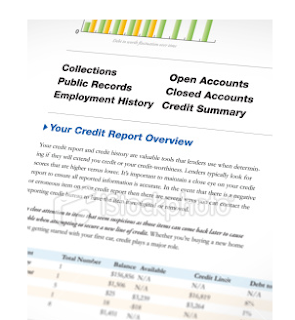
- Money can buy you an expensive house,
Money can’t buy you home sweet home.
- Money can buy you a comfortable bed,
Money can’t buy you a good night’s sleep.
- Money can buy you a fast car,
Money can’t buy you safety on the road.
- Money can get an education for your children,
Money can’t buy knowledge for your children.
- Money can buy material things for your children,
Money can’t buy appreciation from your children.
- Money can buy you a grand wedding,
Money can’t buy you a lasting marriage.
- Money can buy you all the books in the world,
Money can’t buy you intelligence.
- Money can buy you healthy food,
Money can’t buy you a healthy lifestyle.
- Money can get you credit cards,
Money can’t buy you credibility.
- Money can get you financial security,
Money can’t buy you peace of mind.
- Money can get you services,
Money can’t buy you friendship.
- Money can get people to work for you,
Money can’t buy passion and engagement from the worker.
- Money can buy you a branded watch,
Money can’t buy you more time.
- Money can buy you advertisement,
Money can’t buy you a trusted brand.
- Money can buy you the VIP treatment,
Money can’t buy you respect.
- Money can buy you a compass,
Money can’t buy you the direction to go in life.
- Money can buy you delicious food,
Money can’t buy you appetite.
- Money can buy material wealth,
Money can’t buy contentment.
- Money can buy you a peaceful county mansion,
Money can’t buy you a cool, calm, and collected mind.
- Money can buy you excitement and thrill,
Money can’t buy you lasting happiness.
- Money can buy a surveillance system in the office,
Money can’t buy the honesty of the staff.
- Money can buy you an air-conditioner
Money can’t buy you a good feeling about yourself
Readers are encouraged to add more items to this list.
Source: 22 Things Money Can and Can’t Buy










